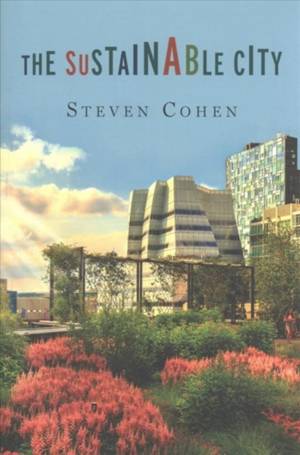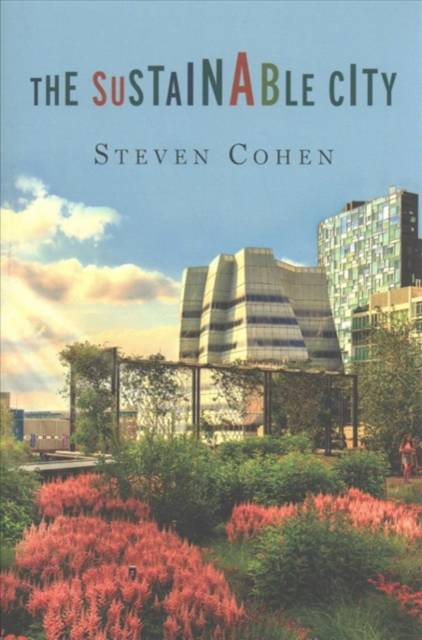
- Retrait gratuit dans votre magasin Club
- 7.000.000 titres dans notre catalogue
- Payer en toute sécurité
- Toujours un magasin près de chez vous
- Retrait gratuit dans votre magasin Club
- 7.000.0000 titres dans notre catalogue
- Payer en toute sécurité
- Toujours un magasin près de chez vous
Description
Living sustainably is not just about preserving the wilderness or keeping nature pristine. The transition to a green economy depends on cities. For the first time in human history, the majority of the people on the planet live in urban areas. If we are to avert climate catastrophe, we will need our cities to coexist with nature without destroying it. Many places are already investing in the infrastructure of the future--including renewable energy, energy efficiency, mass and personal transit, and advanced sewage and waste management--but the modern city still has a long way to go.
In The Sustainable City, Steven Cohen provides a broad and engaging overview of the urban systems of the twenty-first century, surveying policies and projects already under way in cities around the world and pointing to more ways progress can be made. Cohen discusses the sustainable city from an organizational-management and public-policy perspective that emphasizes the local level, looking at case studies of existing legislation, programs, and public-private partnerships that strive to align modern urban life and sustainability. From waste management in Beijing to energy infrastructure in Africa to public space in Washington, D.C., there are concrete examples of what we can do right now. Cohen synthesizes the disparate strands of sustainable city planning in an approachable and applicable guide that highlights how these issues touch our lives on a daily basis, whether the transportation we take, where our energy comes from, or what becomes of our food waste. Providing recommendations and insights with immediacy and relevance, this book has invaluable lessons for anyone seeking to link public policy to promoting a sustainable lifestyle.Spécifications
Parties prenantes
- Auteur(s) :
- Editeur:
Contenu
- Nombre de pages :
- 264
- Langue:
- Anglais
Caractéristiques
- EAN:
- 9780231182058
- Date de parution :
- 21-11-17
- Format:
- Livre broché
- Format numérique:
- Trade paperback (VS)
- Dimensions :
- 152 mm x 229 mm
- Poids :
- 362 g

Les avis
Nous publions uniquement les avis qui respectent les conditions requises. Consultez nos conditions pour les avis.






